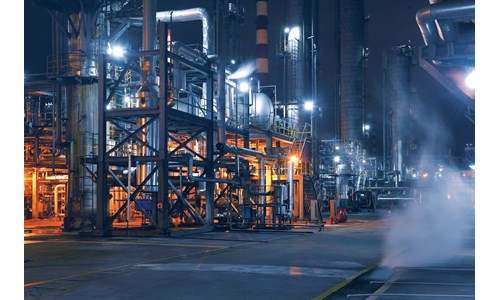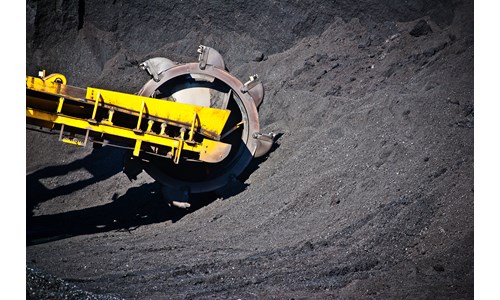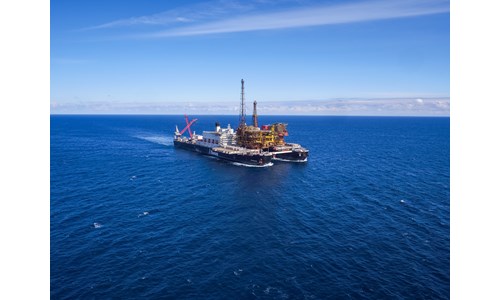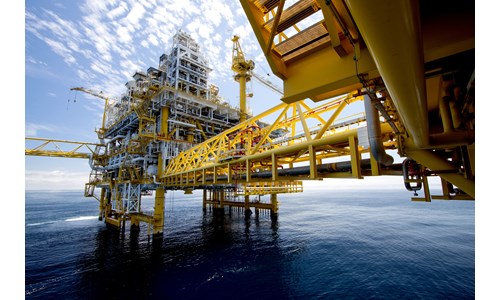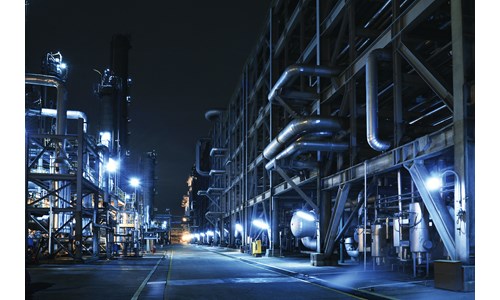Nigeria’s president signs the Petroleum Industry Bill into law
*Please note that this report only includes an Excel data file if this is indicated in "What's included" below
Report summary
Table of contents
-
NNPC Limited
- Dealing with debt
- Conversion to new fiscal terms is voluntary
- Fiscal Terms
- Host Communities
- Conclusion
Tables and charts
This report includes the following images and tables:
- PIA royalty rates
- PIA tax rates
- Reported NNPC JV funding shortfalls
What's included
This report contains:
Other reports you may be interested in
Nigeria's Petroleum Industry Fiscal Bill: first impressions
In May 2018, Nigeria's Petroleum Industry Fiscal Bill (PIFB) was published. The bill has significant changes compared to previous proposals.
$1,350Nigeria's proposed fiscal policy puts ultra-high costs firmly in the firing line
The government intends to revolutionise the fiscal landscape. We've been here before of course, but will it be different this time?
$9,450Nigeria's Petroleum Industry Bill scales new heights of fiscal complexity
We provide a summary of the latest version which has landed at the National Assembly.
$1,350





